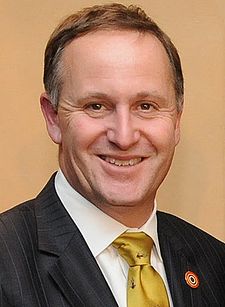 A full page feature recently appeared in the Waikato Times in which Press journalist John McCrone interviewed Solid Energy CEO Don Elder on the Southland lignite proposals. It was a thoughtful piece of journalism, and I wish I could provide a link to it but it doesn’t seem to have appeared on the Stuff website. It provided a good overview of the thinking behind Solid Energy’s pursuit of lignite development, along with objections levelled against it. I’ve already written on the question but it’s important enough to keep returning to.
A full page feature recently appeared in the Waikato Times in which Press journalist John McCrone interviewed Solid Energy CEO Don Elder on the Southland lignite proposals. It was a thoughtful piece of journalism, and I wish I could provide a link to it but it doesn’t seem to have appeared on the Stuff website. It provided a good overview of the thinking behind Solid Energy’s pursuit of lignite development, along with objections levelled against it. I’ve already written on the question but it’s important enough to keep returning to.
Lignite is big. Briquetting should be under way next year in a factory which has been consented by Environment Southland. Hospitals, commercial greenhouses and Fonterra are expected customers. But that’s just a groundbreaker. On the drawing board is a phase two briquetting plant that will be ten times larger. Continue reading “Thinking Old-Style Big”

 Gareth’s
Gareth’s  Since Don Elder
Since Don Elder